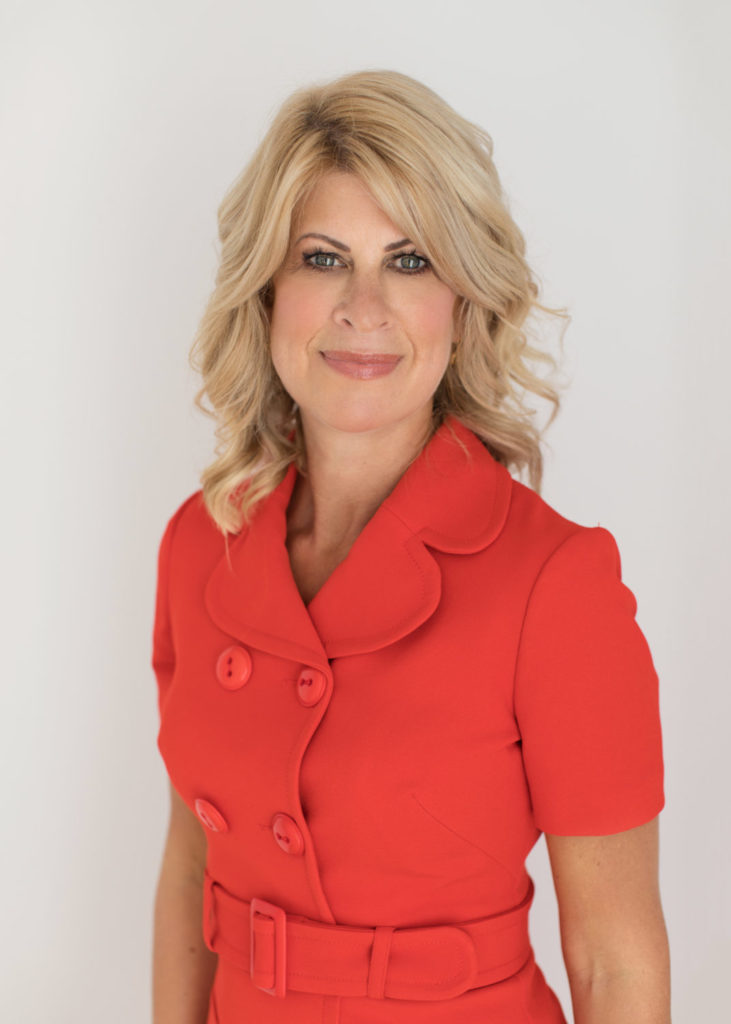
Guest post by Beverley Gedge at Skybridge Recruitment, a new ProHelp Network member.
It’s the moment we all dread at the end of an interview: ‘do you have any questions?’
The interviewer will expect you to have somequeries they may have missed during the main interview, so having a list at hand will demonstrate you are prepared and interested in the opportunity.
Asking questions will also give you a chance to move the focus to some of your own skills, experience and qualities.
The key is to ask the right kind of questions that should stem from what you need to know, to decide whether the position is suitable.
Possible questions you should consider asking at interview…
How would you describe a typical day in this position?
Success and happiness in a job boils down to contentment with the basics of the everyday. We spend a large quantity of hours working, so how we spend our days is an important consideration – the job description alone won’t spell this out, so getting a feel for the day-to-day aspects will give you a good impression of what the role entails
What are the prospects for growth and advancement in this job and how do you measure it?
This question is double-edged; you’re firstly trying to find out whether there are opportunities for growth and whether the company has some kind of Learning and Development program. Secondly it’s important to get an understanding of how they measure success – what the KPIs are for the role and how they are measured.
What is your favourite part about working here?
Trying to get a sense of your interviewer’s viewpoint of the company will give you an indication as to whether it will be a great place to work. If your interviewer comes across as enthusiastic and optimistic when they talk about the company, this may be a sign that they actually enjoy what they do. Equally, if this enthusiasm doesn’t come through it might throw up a red flag worthy of further research.
Who will I be reporting to and how many people are in the team; would I be able to meet them if I am offered the position?
To gain a better sense of the dynamics of the whole team from your line manager to your co-workers, it’s important to find out who you will be working with. Jot down their names and ask for titles. You might be able to research a little more about them from the company website or their LinkedIn profile. Being able to meet them prior to starting your new role maybe something your recruitment consultant can arrange to make the first day less stressful.
What would you consider to be the most challenging aspect of this job?
Having an insight about the bad bits are just as important as knowing the good parts of working in the role. Understanding the scale of any possible problems you may have to contend with will show that you accept there might be some challenging situations to deal with.
Be prepared to counter this with how you might solve these problems!
What are the main company values? Are there any specific employee characteristics required to represent these values?
By asking this question you will be able to dig deeper into the company culture; the same job at a similar company might have a very different work environment.
A company’s culture needs to align with your own goals and identifying their purpose is essential to feeling connected to your workplace.
Do you have any reservations about my background or CV that might put into question my suitability?
This question displays that you are passionate and committed to understanding your prospects in being successful in getting the role.
It will also allow you to respond to any potential concerns and gives you an opportunity to further demonstrate your abilities.
There may well be other questions that spring to mind that are more relevant to the type of role you are looking for, but these questions will stand you in good stead at the end of an interview and that might not have been covered in such detail throughout the interview process.
